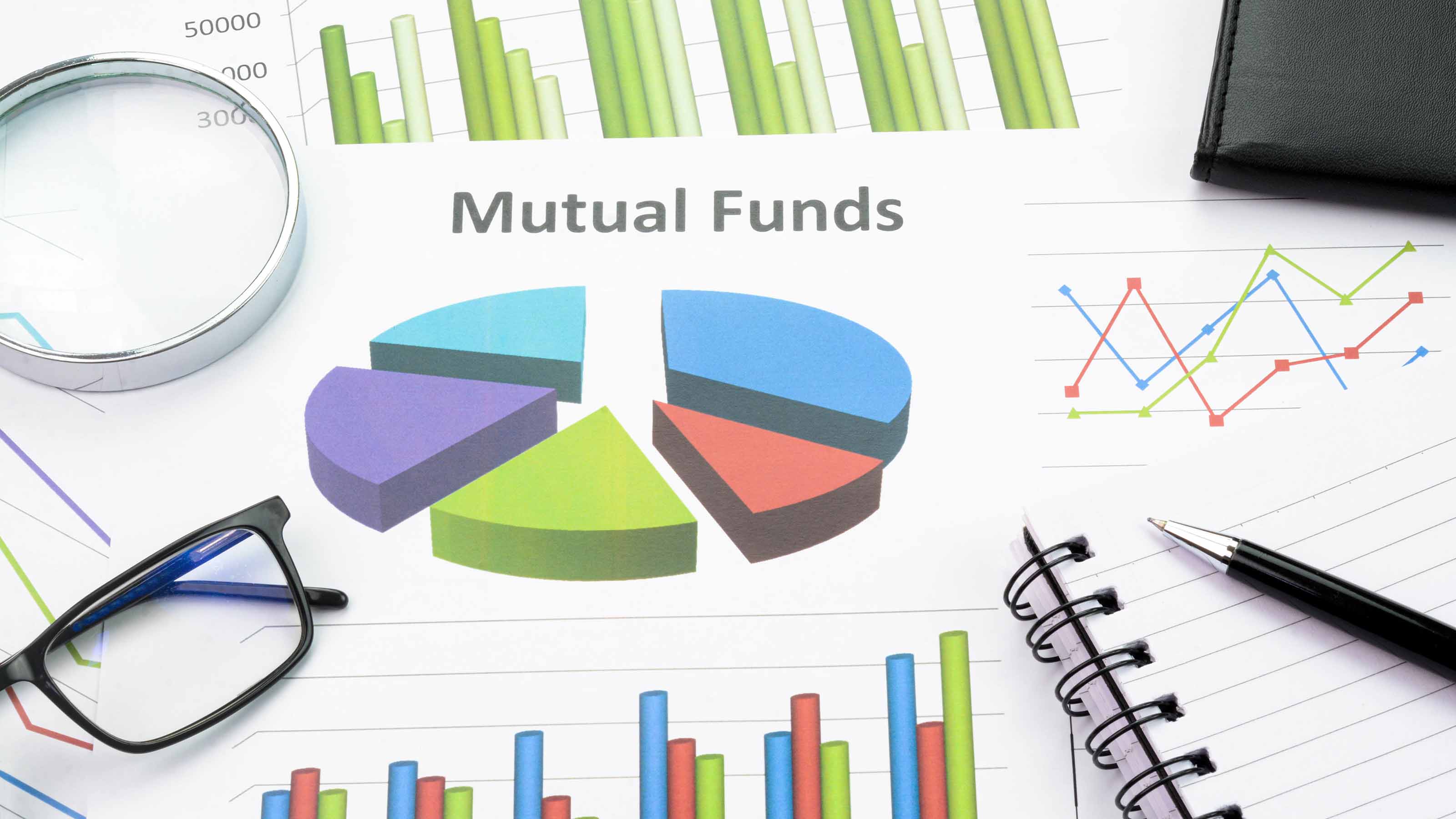FPA Crescent: A Great Fund for Uncertain Times
This Kiplinger 25 fund aims first to minimize losses, and only then tries to earn money for shareholders.

Profit and prosper with the best of Kiplinger's advice on investing, taxes, retirement, personal finance and much more. Delivered daily. Enter your email in the box and click Sign Me Up.
You are now subscribed
Your newsletter sign-up was successful
Want to add more newsletters?

Delivered daily
Kiplinger Today
Profit and prosper with the best of Kiplinger's advice on investing, taxes, retirement, personal finance and much more delivered daily. Smart money moves start here.

Sent five days a week
Kiplinger A Step Ahead
Get practical help to make better financial decisions in your everyday life, from spending to savings on top deals.

Delivered daily
Kiplinger Closing Bell
Get today's biggest financial and investing headlines delivered to your inbox every day the U.S. stock market is open.

Sent twice a week
Kiplinger Adviser Intel
Financial pros across the country share best practices and fresh tactics to preserve and grow your wealth.

Delivered weekly
Kiplinger Tax Tips
Trim your federal and state tax bills with practical tax-planning and tax-cutting strategies.

Sent twice a week
Kiplinger Retirement Tips
Your twice-a-week guide to planning and enjoying a financially secure and richly rewarding retirement

Sent bimonthly.
Kiplinger Adviser Angle
Insights for advisers, wealth managers and other financial professionals.

Sent twice a week
Kiplinger Investing Weekly
Your twice-a-week roundup of promising stocks, funds, companies and industries you should consider, ones you should avoid, and why.

Sent weekly for six weeks
Kiplinger Invest for Retirement
Your step-by-step six-part series on how to invest for retirement, from devising a successful strategy to exactly which investments to choose.
Even in the best of times, Steven Romick worries a lot. Unfortunately, notwithstanding the stock market's rollicking first-quarter performance, these are not the best of times. "Investing is especially challenging today," says Romick, the veteran manager of FPA Crescent (symbol FPACX).
Unsettling Romick is the halting economic recovery and the huge amount of government debt sloshing around in the economy, thanks to an ineffectual Congress and the loose money policies of the Federal Reserve. Just as consumers paying down debts remains a continuing drag on the economy, Romick believes we'll encounter new problems when the government seeks to cut back on its debt burden. "We expect continued economic struggles," he says
At the end of the day, though, Romick is still doing what he has done since he launched Crescent in 1993: buying good businesses at reasonable prices and hanging on for the long term. At least that's his strategy for the stock portion of the portfolio.
From just $107.88 $24.99 for Kiplinger Personal Finance
Become a smarter, better informed investor. Subscribe from just $107.88 $24.99, plus get up to 4 Special Issues

Sign up for Kiplinger’s Free Newsletters
Profit and prosper with the best of expert advice on investing, taxes, retirement, personal finance and more - straight to your e-mail.
Profit and prosper with the best of expert advice - straight to your e-mail.
Nowadays, that's leading him to the shares of high-quality, large businesses that trade at reasonable valuations and boast low debt and, often, attractive dividend yields. He finds stocks of most small companies too pricey. He's also steering away from cyclical companies because of his concerns about the economy. That means that Crescent, a member of the Kiplinger 25, will continue to underperform if the economy keeps strengthening, he says.
The fund has been a laggard lately. Over the past three years through April 2, Crescent returned an annualized 16.8%. That's an average of 5.1 percentage points per year less than the return of Standard & Poor's 500-stock index.
But longer-term returns paint a different picture. Over the past ten years, the fund gained an annualized 8.6%, double the return of the S&P 500. Crescent has lagged in bull markets but more than made up the difference in bear markets. To me, how a fund holds up in lousy markets is the acid test. In the 2007-09 bear market, Crescent lost 27.9% while the S&P plunged 55.3% (both figures include dividends).
Crescent is hardly a pure stock fund. On average, Romick invests roughly half of its assets in stocks. Because of that, not surprisingly, Crescent has been about 40% less volatile than the S&P.
In spite of his bleak big-picture outlook, Romick is investing more in stocks than he usually does. Romick tells me the fund is now 64% in stocks. But that's only because he owns few high-yield bonds -- in which he usually invests a sizable chunk of assets. Yields on junk bonds are unattractive, he says. Romick thinks of both junk bonds and stocks as "risk assets."
Indeed, Romick is shying away from bonds altogether. Bond yields, which move inversely to prices, have gone about as low as they're likely to go. Instead, he has about 30% of the fund in cash.
One of Romick's many strengths is that he often finds unusual places to invest a little of Crescent's capital. He owns some whole mortgages; he actually hired a loan servicer to collect the payments. And he's invested in farmland through a non-publicly traded real estate investment trust.
Among his favorite stocks is Wal-Mart Stores (WMT). Wal-Mart's price-earnings ratio, based on the giant retailer's earnings over the past 12 months, is 14 -- lower than it has been in at least a decade. Even so, Romick is worried. Now that Wal-Mart is so big, it obviously can't grow as fast as it did in the past. Plus, corporate profit margins, in general, are far above their long-term averages. As companies hire more people, margins have to come down. Wal-Mart also has a lot of competition nowadays, from Dollar Tree (DLTR) and the like.
Another favorite, which Romick admits he bought too early, is Hewlett-Packard Co. (HPQ). "The company has made stupid investments," Romick says. New leadership, he believes, will bring better decisions. The stock is cheap, trading at just 8 times trailing earnings. Still, Romick concedes that it will be a while before the changes lead to improved financial results.
FPA Crescent is one of my favorite funds. Romick, 49, strikes me as smart and careful. The fund has $8.4 billion in assets and seven full-time analysts. The expense ratio is 1.18%.
Crescent won't keep up in a buoyant market. But it will keep you relatively safe in poor markets. If that doesn't appeal to you, your memory may be too short.
Steven T. Goldberg is an investment adviser in the Washington, D.C. area. One or two of his clients own both Hewlett Packard and Wal-Mart.
Profit and prosper with the best of Kiplinger's advice on investing, taxes, retirement, personal finance and much more. Delivered daily. Enter your email in the box and click Sign Me Up.

-
 5 Vince Lombardi Quotes Retirees Should Live By
5 Vince Lombardi Quotes Retirees Should Live ByThe iconic football coach's philosophy can help retirees win at the game of life.
-
 The $200,000 Olympic 'Pension' is a Retirement Game-Changer for Team USA
The $200,000 Olympic 'Pension' is a Retirement Game-Changer for Team USAThe donation by financier Ross Stevens is meant to be a "retirement program" for Team USA Olympic and Paralympic athletes.
-
 10 Cheapest Places to Live in Colorado
10 Cheapest Places to Live in ColoradoProperty Tax Looking for a cozy cabin near the slopes? These Colorado counties combine reasonable house prices with the state's lowest property tax bills.
-
 The Kiplinger 25: Our Favorite No-Load Mutual Funds
The Kiplinger 25: Our Favorite No-Load Mutual FundsThe Kiplinger 25 The Kiplinger 25 is a list of our top no-load mutual funds that have proven capable of weathering any storm.
-
 Do You Have Gun Stocks in Your Funds?
Do You Have Gun Stocks in Your Funds?ESG Investors looking to make changes amid gun violence can easily divest from gun stocks ... though it's trickier if they own them through funds.
-
 Janus Henderson Global Equity Income Fund (HFQTX) Hangs Tough
Janus Henderson Global Equity Income Fund (HFQTX) Hangs ToughKip 25 A focus on dividend payers and defensive stocks has kept the Janus Henderson Global Equity Income Fund afloat in a rough market.
-
 T. Rowe Price Small-Cap Value (PRSVX) Stands Out
T. Rowe Price Small-Cap Value (PRSVX) Stands OutKip 25 In this turbulent market, value-priced, higher-quality small caps are holding up better than their fast-growing counterparts.
-
 Kiplinger 25 Model Portfolios
Kiplinger 25 Model PortfoliosThe Kiplinger 25 Reach your investment goals with these plans using the Kiplinger 25, our favorite no-load mutual funds.
-
 ESG Gives Russia the Cold Shoulder, Too
ESG Gives Russia the Cold Shoulder, TooESG MSCI jumped on the Russia dogpile this week, reducing the country's ESG government rating to the lowest possible level.
-
 New Leadership at One of Our Funds
New Leadership at One of Our FundsKip 25 Vanguard recently announced that longtime manager Michael Reckmeyer will retire in June.
-
 The Best T. Rowe Price Funds for 401(k) Retirement Savers
The Best T. Rowe Price Funds for 401(k) Retirement SaversKiplinger's Investing Outlook A dozen T. Rowe Price mutual funds enjoy a place among the nation's most popular 401(k) retirement products. Find out which ones are worth your investment dollars.